Characterization of Food —— Emerging Methods
----- 食品特性:新兴方法
Rapid and continued developments in electronics, optics, computing, instrumentation, spectroscopy, and other branches of science and technology resulted in considerable improvements in various methodologies. Due to this revolution in methodology, it is now possible to solve problems which were previously considered difficult to solve. These new methods have led to a better characterization and understanding of foods.The aim of this book is to assemble, for handy reference, various emerging, state-of-the-art methodologies used for characterizing foods. Although the emphasis is on real foods, model food systems are also considered. Methods pertaining to interfaces (food emulsions, foams, and dispersions), fluorescence, ultrasonics, nuclear magnetic resonance, electron spin resonance, Fourier-transform infrared and near infrared spectroscopy, small-angle neutron scattering, dielectrics, microscopy, rheology, sensors, antibodies, flavor and aroma analysis are included.This book is an indispensable reference source for scientists, engineers, and technologists in industries, universities, and government laboratories who are involved in food research and/or development, and also for faculty, advanced undergraduate, graduate and postgraduate students from Food Science, Food Engineering, and Biochemistry departments. In addition, it will serve as a valuable reference for analytical chemists and surface and colloid scientists.
{{comment.content}}
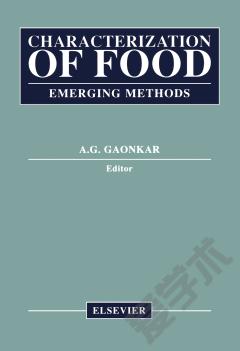


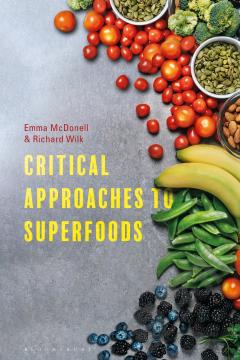
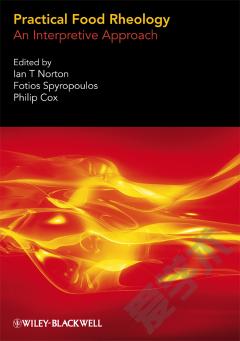
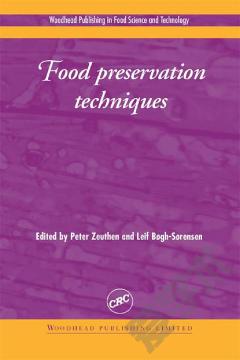
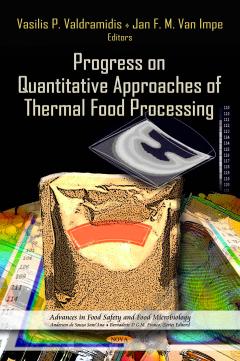

 京公网安备 11010802027623号
京公网安备 11010802027623号